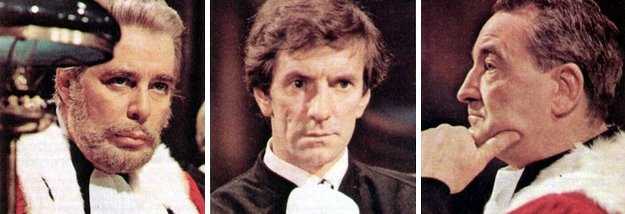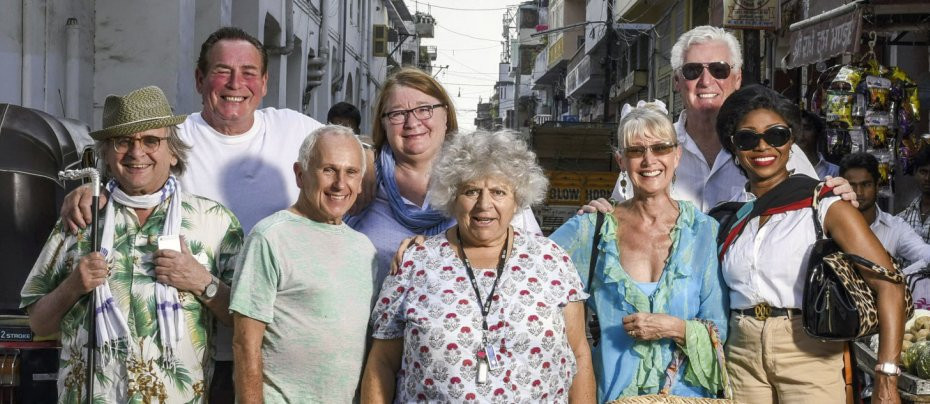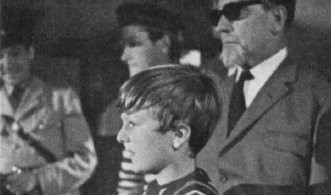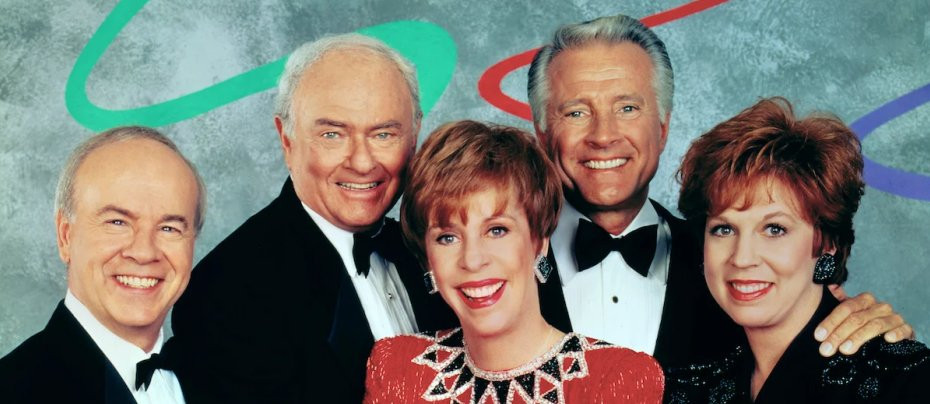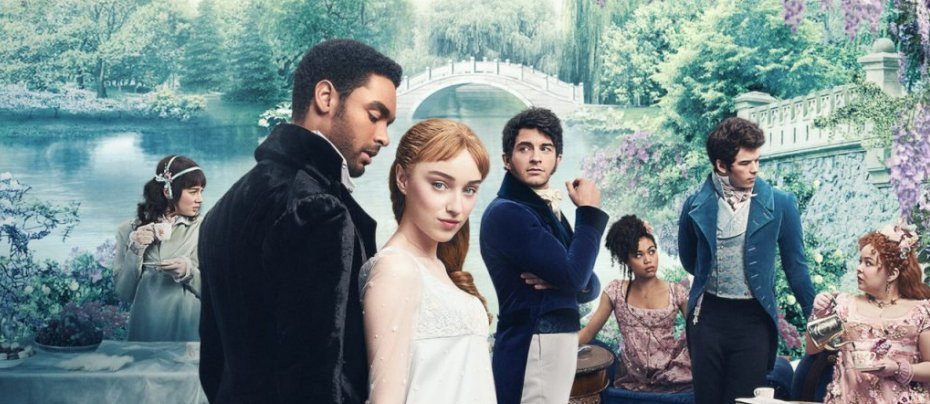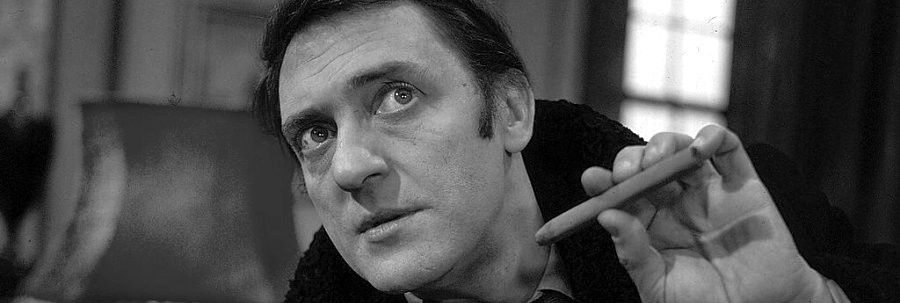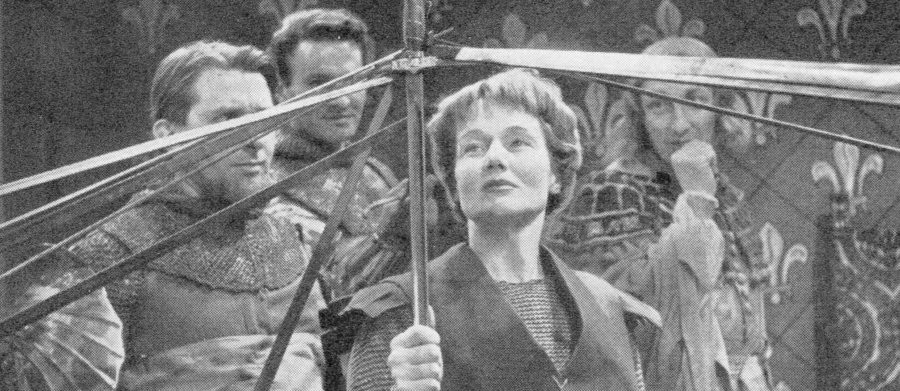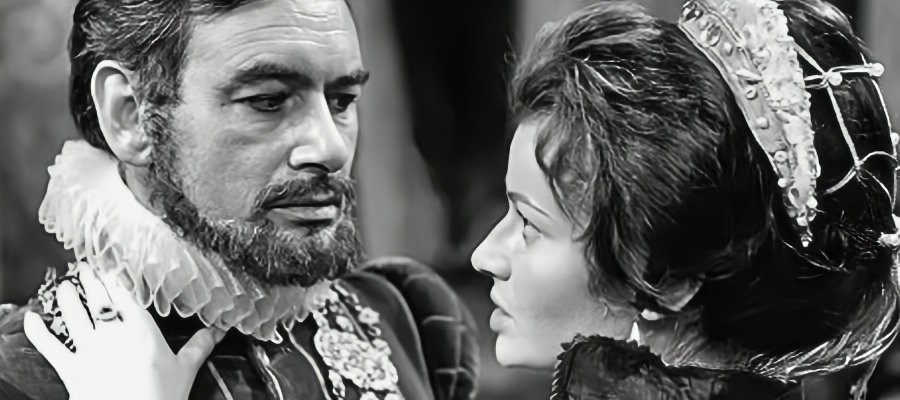
The Queen's Traitor
1967 - United KingdomIn The Queen’s Traitor, a five-part BBC drama written by John Hale, the events of a little-known 16th-century conspiracy unfold with the pace and intrigue of a modern political thriller. First broadcast on Bank Holiday Monday, 24 August 1967, the series revisits the infamous Ridolfi Plot, a genuine attempt to overthrow Queen Elizabeth I, and reimagines it through the lens of Cold War-era espionage, complete with spies, double agents, coded messages, blackmail, and betrayal in high places.
The series opens in the tense atmosphere of Elizabethan England, a country torn between Catholic and Protestant loyalties. At its centre is Roberto Ridolfi (David Calderisi), an Italian banker turned conspirator, whose efforts to restore Catholic rule place him at the heart of a continental plot to assassinate the Queen and place Mary, Queen of Scots (Stephanie Beacham), on the English throne. Ridolfi’s ambition is matched only by his optimism, as he attempts to rally support from King Philip II of Spain, Pope Pius V, and the Duke of Alba to orchestrate a military invasion from the Netherlands.
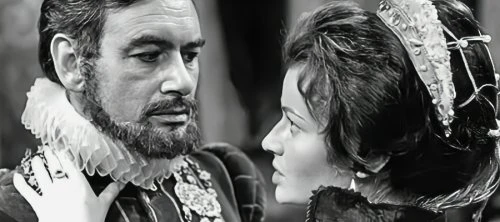
Hale’s writing is sharp and immersive, transforming historical figures into richly drawn characters. Susan Engel delivers a commanding performance as Elizabeth I, surrounded by a court seething with ambition and divided loyalties. Derek Francis brings gravitas to the role of the calculating Lord Burleigh, while Conrad Phillips portrays the Duke of Norfolk with the doomed dignity of a man ensnared by his own contradictions. Other main characters include Elizabeth's favourite, the Earl of Leicester (Dennis Chinnery), the King of Spain's ambassador, Guerau de Spes (Anthony Newlands) and the devious Bishop of Ross (Ewan Roberts). Notable too is Nigel Green as John Hawkins, the sea captain who, despite being partially entangled in the conspiracy, emerges as a rare figure of honour in a murky political world.
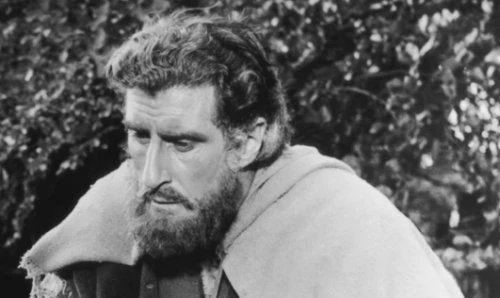
The production makes effective use of television as a medium, with Hale, himself a former TV director, deploying stark visuals and tight scenes to convey the paranoia and danger of Elizabeth’s court. The series is unflinching in its depiction of torture, betrayal, and the ruthless pragmatism that defined Tudor politics.
Historically grounded yet dramatically compelling, The Queen’s Traitor manages to walk the fine line between fact and dramatization. The events follow closely the real timeline of the Ridolfi Plot: the arrest of Ridolfi’s messenger Charles Baillie (Charles Houston) in April 1571; the cracking of secret ciphers through torture and informants like William Herle (John Golightly); the exposure and trial of the Duke of Norfolk in January 1572; and his execution on Tower Hill that June. The series doesn’t shy away from the grim outcomes: some characters fall from grace, others to the executioner’s blade.
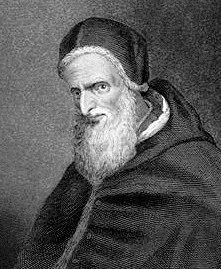
Although Ridolfi himself escaped prosecution (he remained abroad and later became a Florentine senator) the series underscores the irony of his role: a minor figure whose machinations briefly placed him at the centre of a European power struggle. And yet, as historian Cyril Hamshere would later argue, the plot was likely doomed from the outset; even if it had succeeded, the meagre Spanish force Ridolfi had envisioned, just 6,000 to 10,000 soldiers, was insufficient to bring England to its knees.
As a piece of 1960s television, The Queen’s Traitor stands out for its ambitious scope, literary script, and serious engagement with history. It is a drama that not only entertains but enlightens, drawing unsettling parallels between the secret dealings of the Elizabethan court and the shadow games of modern politics.
Seen this show? How do you rate it?
Seen this show? How do you rate it?
Published on September 2nd, 2025. Written by Laurence Marcus for Television Heaven.



